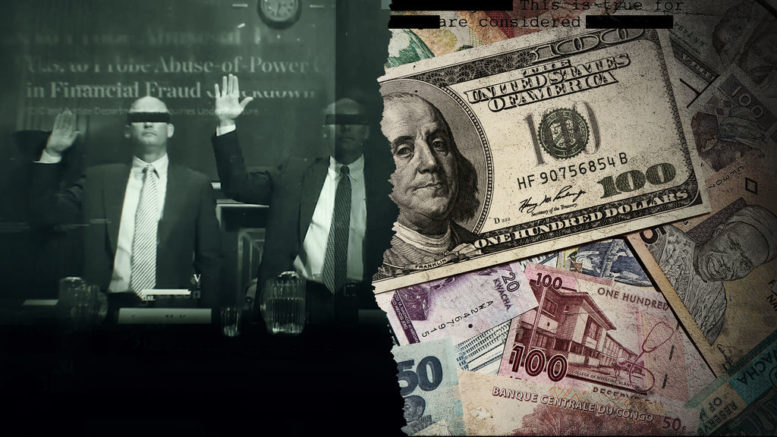By Griffin Harris
Alex Gibney is not a household name. And that’s too bad, because he is one of the most influential and impactful journalists alive today. His work as a documentarian has been controversial, thorough, and diverse for more than two decades.
The film that first launched his career– “Enron: The Smartest Guys in the Room”– laid out the complex and corrupt downfall of one of the world’s leading energy companies, while offering new insights and exclusive interviews from elusive members of the scandal. The work received high praise not just for its commitment to accuracy, but for its exciting and professional cinematography, which changed the standards for future video documentaries. It won the Independent Spirit Award for Best Documentary Feature and was nominated for an Oscar in the same category.
Gibney followed that with more hits, including “Going Clear: Scientology and the Prison of Belief”, “The Armstrong Lie”, and “Taxi to the Dark Side,” an investigation into the use of torture by the U.S. government that won him an Academy Award. His exposee of Scientology put the for-profit religion on the defensive and irreparably weakened its already fragile standing in the public eye. And the story of Lance Armstrong’s comeback-turned-explication of the pervasiveness of doping in professional cycling simultaneously made the disgraced Tour de France champion into more of a villian than his interview of repentance with Oprah had made him when it was released in 2013.
This, and a host of other laudible works, however, have not made Gibney a star. Luckily, though, Netflix recognized his genius and gave him a contract. In a new mini-series on the streaming site– “Dirty Money”–Gibney turns his powerful camera lens on the worst offenses of capitalism in recent years, including Volkswagen’s emissions scandal, the workings of major drug cartels, and, in the final and most damning installment, on the unethical and fraudulent practices of the Trump Organization. The series has six “episodes,” which each focus on a different subject and average around an hour and a half long. It was released on Netflix on January 26.
It is surprising that this masterful production has not gotten more attention by critics and viewers. It is more surprising that the President hasn’t tweeted about it yet, given his habit of criticizing news that makes him look bad. And the sixth episode in this series–titled “The Confidence Man”–couldn’t make the Donald look much worse.
The episode undresses the myth that Trump’s is a story of business success and exposes the truth that his work has relied mainly on manipulation and tactful public image crafting. He’s managed to land his name in big letters on lots of buildings, yes, but the Trump Organization owns only a small fraction of them. He has opened up an airline, a casino, a university, and a wine label, yes, but all of them failed catastrophically, often with a number of lawsuits. He’s probably worth a couple billion dollars, yes, but that’s only because he regularly cheats those with whom he does business, which is why he’s been involved in over 1,400 lawsuits. His businesses are active in dozens of countries around the globe, yes, but these entangling connections are more evidence of foreign collusion in his campaign and presidency than they are of his achievements.
The most relevant part of the series, though, is probably the last 30 or so minutes in “The Confidence Man”, which features an interview with Walter Shaub, the former director of the Office of Government Ethics. Shaub, who resigned from his post in July of 2017 over frustration with the Trump administration, says in the documentary that, “the Office of Government Ethics operates on the assumtpion that the President cares about ethics.” Shaub’s and Gibney’s analysis together argue that most of Trump’s agenda, especially his foreign policy, is probably an effort to increase his corporate profits rather than serve the country at whole.
By the end of “Dirty Money”, there is no reasonable doubt to be had about the guiltiness of any of the film’s subjects–or about the capitalist system in general. Some have derided Gidney’s films in the past as political propaganda and, while it’s more than clear which way he leans, one cannot say he isn’t convincing. Sure, Gibney might be trying to make all of his viewers a little more Marxist, but he’s brilliant because all of his viewers do come out a little more Marxist. And, unlike real–or lesser–propagandists, he uses only the truth.
Gibney’s tireless commitment to investigative, long-form journalism should serve as a standard for all reporters–on par with Bob Woodward, Carl Bernstein, and the Boston Globe’s “spotlight” team.

